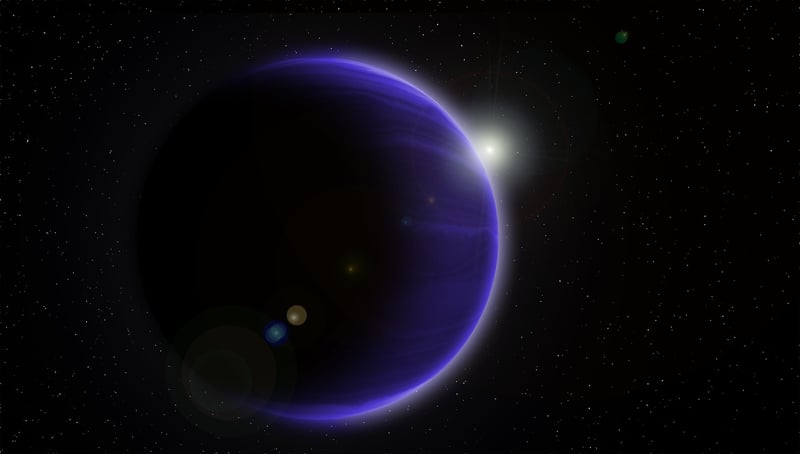Origin of life
The Search for Life in the Universe and the Origin of Life
Humans have long gazed up at the stars, wondering if we are alone in the vastness of the cosmos. The study of life in the universe, known as astrobiology, delves into this profound question, seeking to understand the conditions necessary for life to exist beyond our planet.
Exploring Other Worlds
Scientists have identified numerous exoplanets, planets orbiting stars outside our solar system, that could potentially harbor life. These distant worlds vary in size, composition, and distance from their parent stars, offering a diverse range of environments for life to thrive.

Space missions, such as the Mars rovers and upcoming missions to Europa and Enceladus, moons of Jupiter and Saturn respectively, are designed to search for signs of past or present life. These missions analyze the geology, atmosphere, and potential liquid water on these celestial bodies, all crucial factors for the existence of life.
The Origin of Life on Earth
While the search for extraterrestrial life continues, scientists also explore the origins of life on our own planet. The prevailing theory suggests that life on Earth originated from simple organic molecules that evolved over billions of years into complex life forms.
Studying extremophiles, organisms that thrive in extreme environments such as deep-sea vents and acidic pools, provides insights into how life could have emerged under harsh conditions. These resilient creatures challenge our understanding of the limits of life and where it can exist.

Conclusion
The quest to understand life in the universe and the origins of life on Earth fascinates scientists and laypeople alike. By exploring distant planets and unlocking the mysteries of our own planet's history, we inch closer to unraveling the enigma of life's existence in the cosmos.
Join us in this journey of discovery as we seek to unlock the secrets of life in the universe and unravel the mysteries of our own origins.
